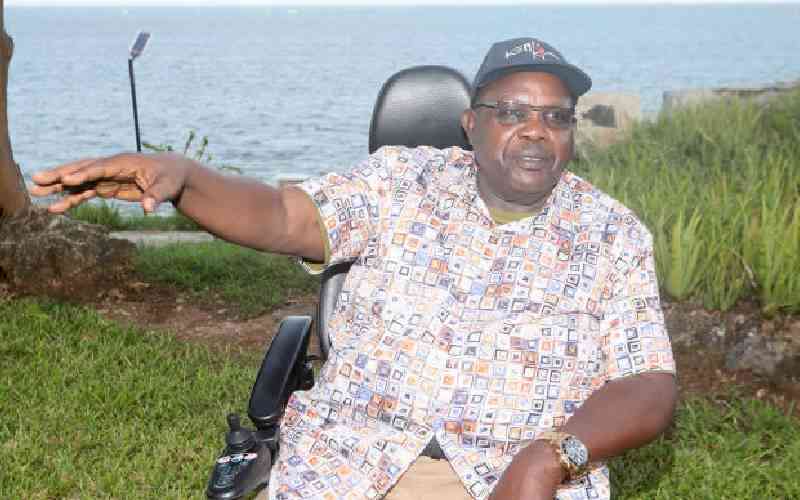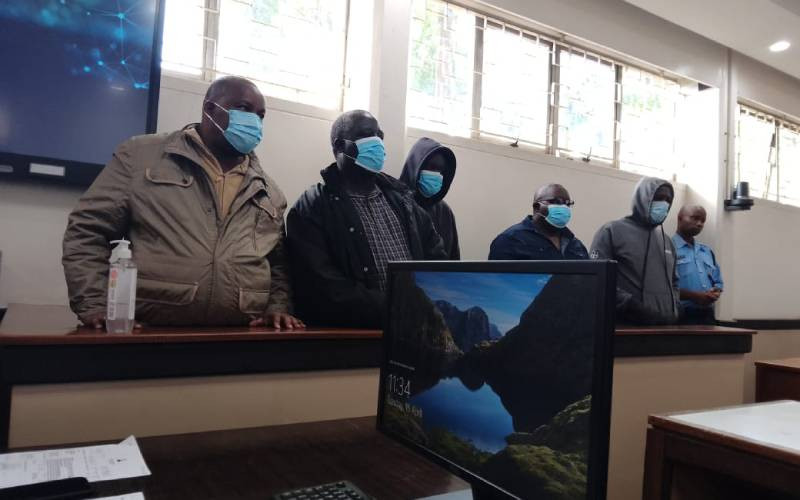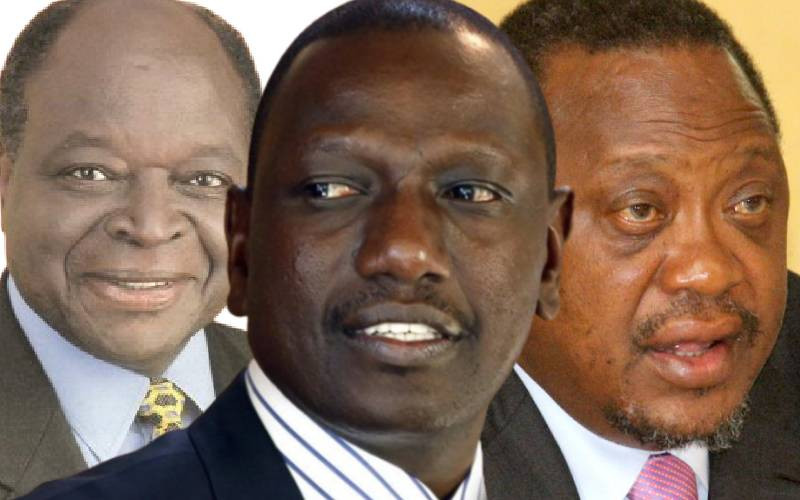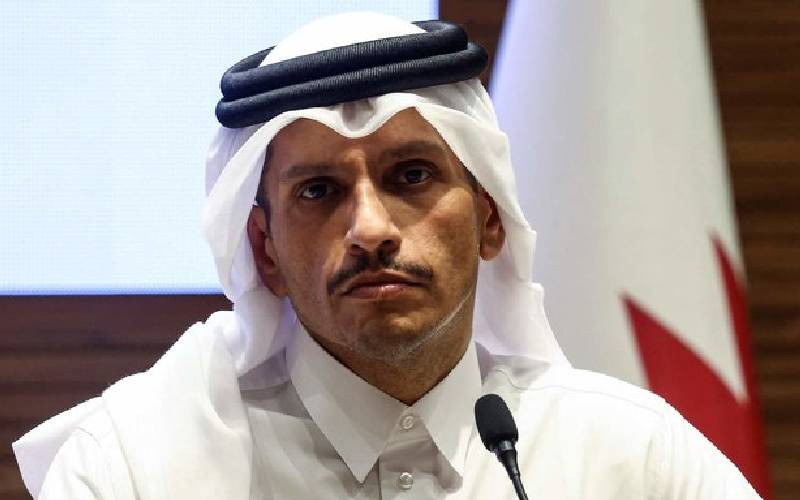President Uhuru Kenyatta may be onto something in the fight against graft. His actions over the last couple of months seem to suggest he appreciates the extent to which graft is stalling his agenda.
But does he have the right strategy to clean up the public sector? If so, what is preventing him from achieving any results?
Take the example of the airport procurement fiasco in which the Kenya Airports Authority (KAA) allegedly was leasing buses at Sh11 million per month. The president ordered a probe into the procurement process, and demanded that those responsible be brought to book. This example highlights some of the structural problems Kenyatta faces in trying to weed out graft from his administration.
But why does the President of Kenya have to act like a whistleblower? With all the constitutional and de facto powers and influence he has, would it not have been more effective for him to order an investigation, prosecute those responsible, and then announce it to the public? In my estimation, this particular episode reveals two possible states of affairs.
First, it might be that the president’s hands are tied politically. That the only way for him to fight graft is to throw those he suspects to be responsible into the court of public opinion and then allow things to play out. This is a politically savvy move.
Essentially what the president might be doing is letting the public know that he does not approve of the corrupt practices of his subordinates. But at the same time he seems unwilling to take responsibility as the CEO of Kenya Inc. and ensure those responsible are brought to book. This is great politics but bad policy.
Second, it might be the case that the president actually does not have a strategy to see the fight against graft to its logical conclusion. That instead, he is responding to specific cases on the fly. This might explain the haphazard dropping of names in Parliament and the very political attempt to reconstitute the anti-corruption commission.
This second strategy is both bad policy and bad politics. Corruption in Kenya is a minefield. Everyone is involved in some shape or form.
This means there might be a lot of unintended consequences if one engages in the fight against the vice without a clear strategy and with an end goal in sight. For instance, there are already rumors that the president’s anti-corruption efforts are only targeting the Deputy President’s half of the ruling coalition. This is not good for the president.
The problem with graft in Kenya is that it is so endemic that it is almost impossible to prosecute the vice without bringing the whole house down. So ultimately, we may have to come up with an expressly political strategy. It is not productive to keep pretending that we can treat graft as a law enforcement problem. It is primarily a political problem.
Grand corruption in Kenya has always been tied to the financing of campaigns. It is the mechanism through which political godfathers recoup their investments in specific candidates. We are foolish therefore to imagine that we can interdict a few people here and there without tackling, in an honest way, the beast that is campaign finance reform.
At the same time, we should not lose sight of the fact that reducing corruption is but a means to an end. The ultimate goal is to improve public service provision. Part of the reason why we are feeling the brunt of the vice is because nothing gets done.
In some countries public servants and their political allies get their 10 per cent but always make sure that the roads are built to specification, hospitals get medicine, and the taps run with water.
In Kenya, politicians steal everything. This means that even as we tackle graft, we must also have a strategy of improving service delivery. We cannot sit back and wait to win against graft before focusing on improving service delivery. Simply reducing or ending corruption will not magically improve the quality of public service delivery.
I do not envy President Kenyatta. The Kenyan public is tired of sub-par performance in the public sector. And the expectations will only get better. Meanwhile the president has to deal with the headache of a politically powerful public service that is at once corrupt and incompetent.
Stay informed. Subscribe to our newsletter
It also does not help that the public seems to think that Kenyatta can clean everything up simply issuing orders from State House. What the KAA story tells us is that he cannot, and must walk a tightrope to ensure the fight against graft does not bring down the whole house.
 The Standard Group Plc is a
multi-media organization with investments in media platforms spanning newspaper
print operations, television, radio broadcasting, digital and online services. The
Standard Group is recognized as a leading multi-media house in Kenya with a key
influence in matters of national and international interest.
The Standard Group Plc is a
multi-media organization with investments in media platforms spanning newspaper
print operations, television, radio broadcasting, digital and online services. The
Standard Group is recognized as a leading multi-media house in Kenya with a key
influence in matters of national and international interest.
 The Standard Group Plc is a
multi-media organization with investments in media platforms spanning newspaper
print operations, television, radio broadcasting, digital and online services. The
Standard Group is recognized as a leading multi-media house in Kenya with a key
influence in matters of national and international interest.
The Standard Group Plc is a
multi-media organization with investments in media platforms spanning newspaper
print operations, television, radio broadcasting, digital and online services. The
Standard Group is recognized as a leading multi-media house in Kenya with a key
influence in matters of national and international interest.








